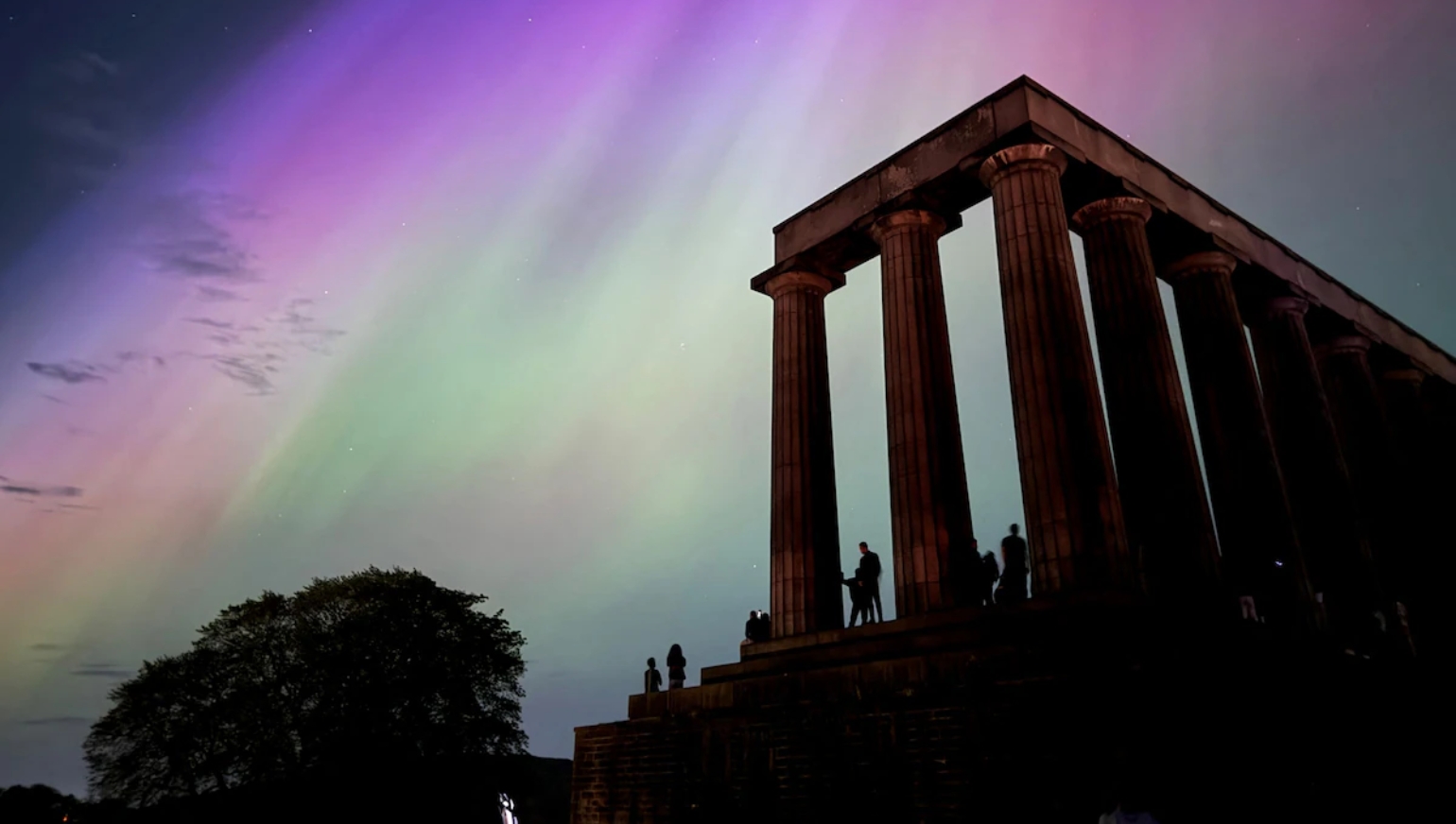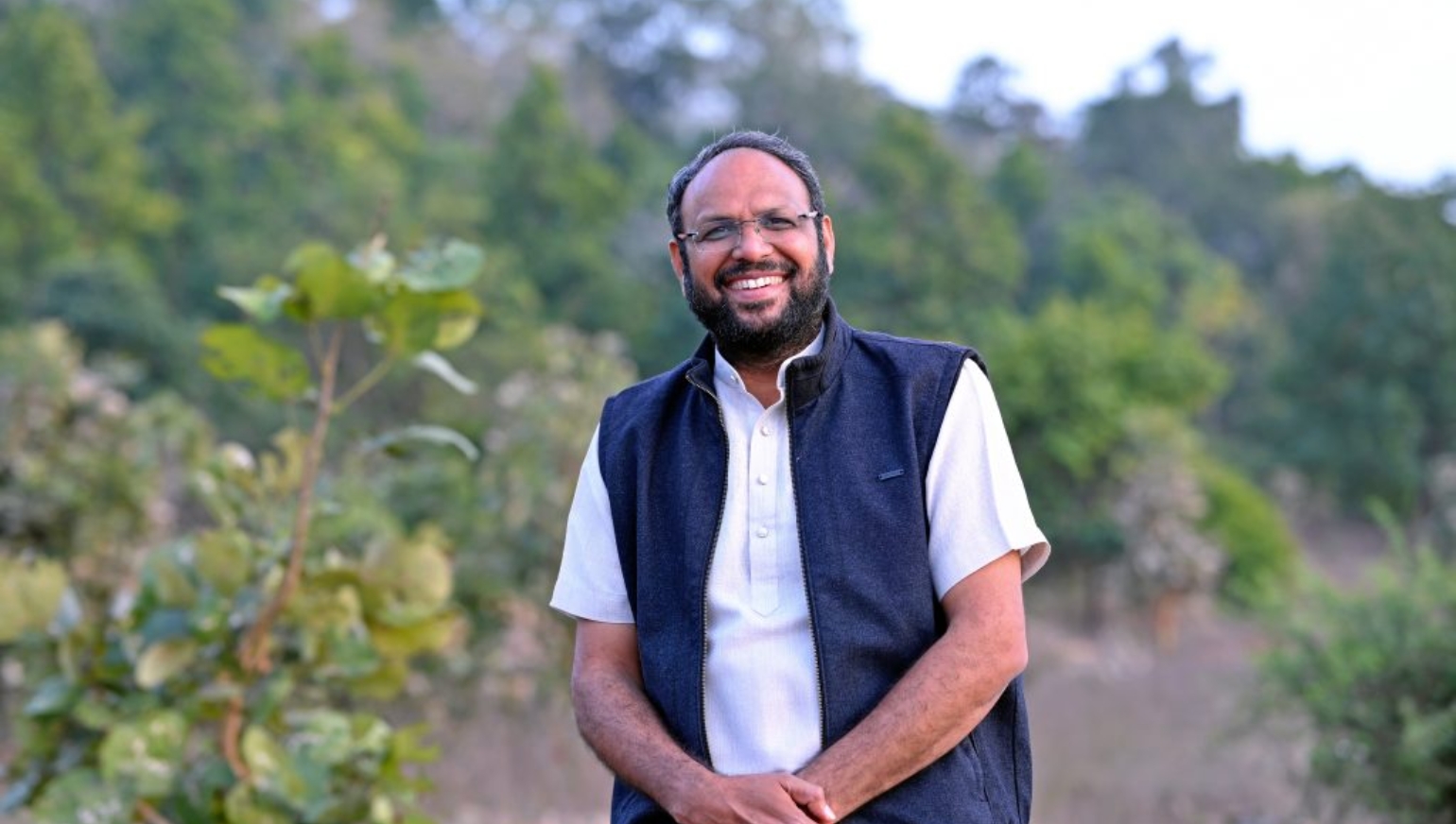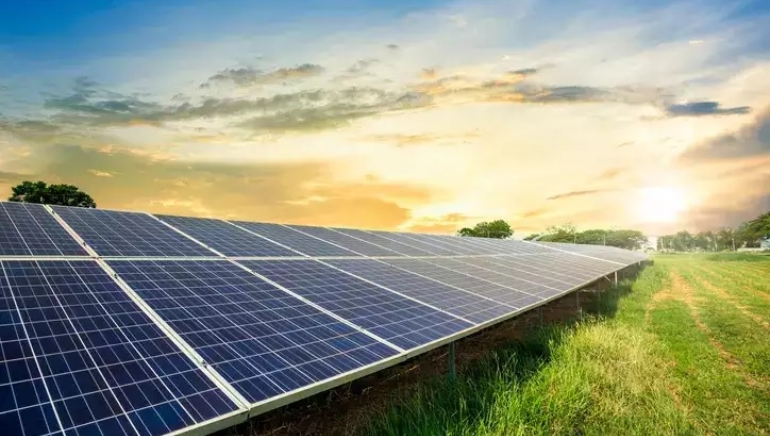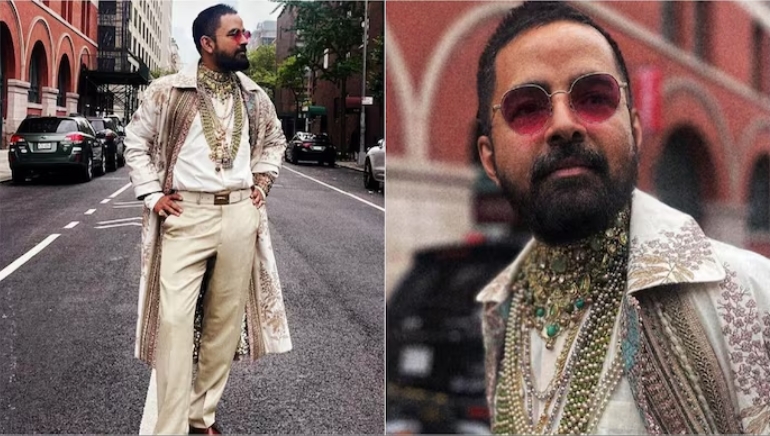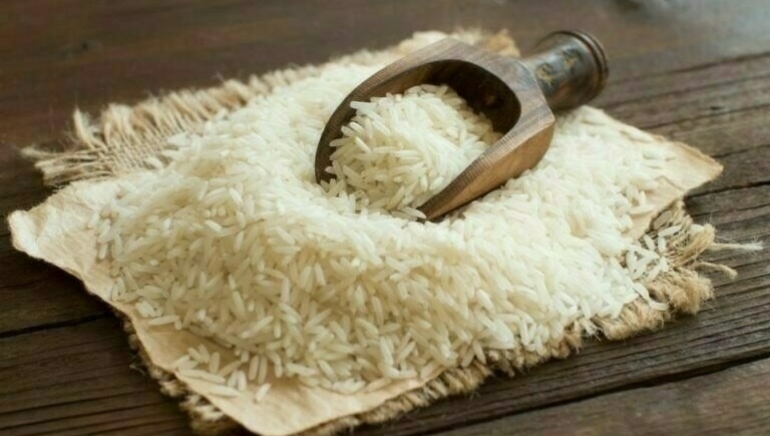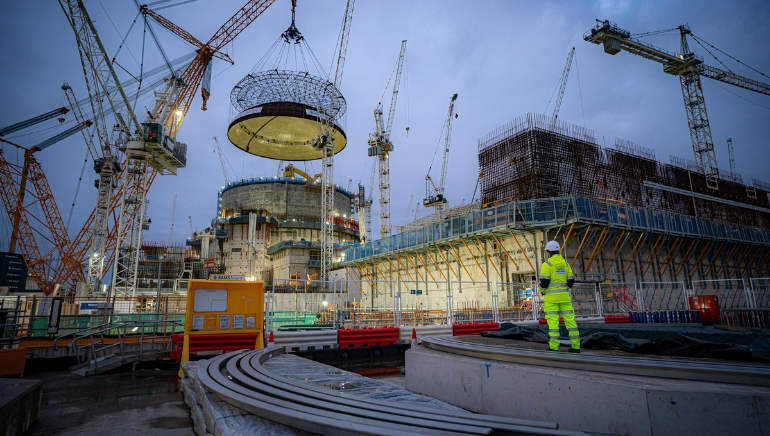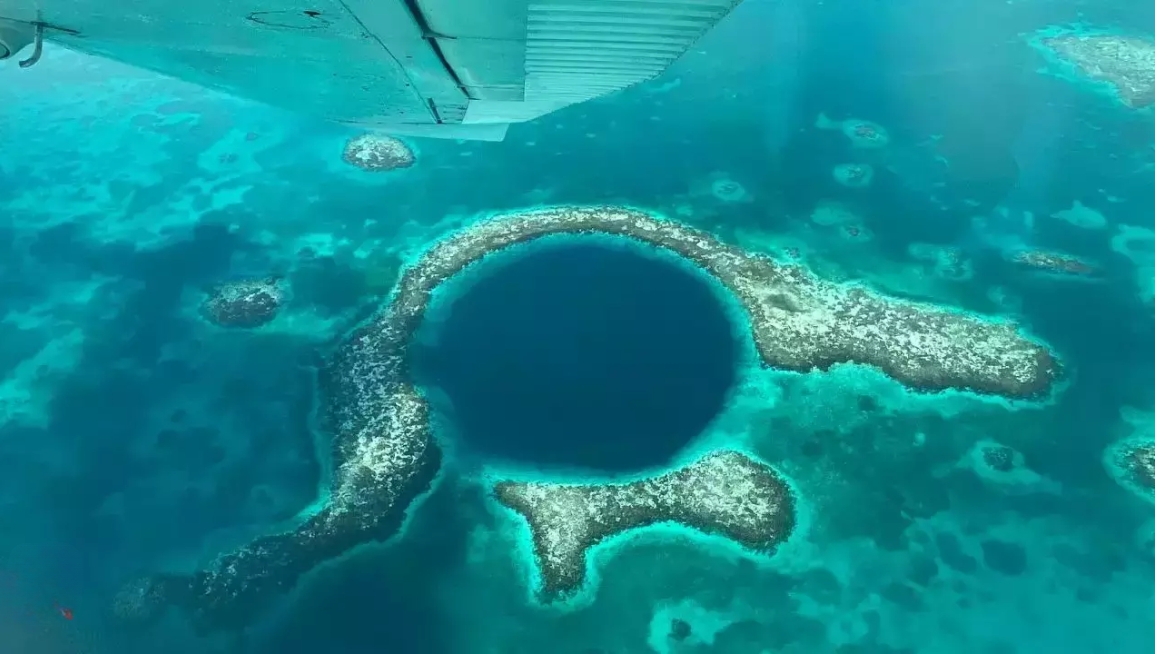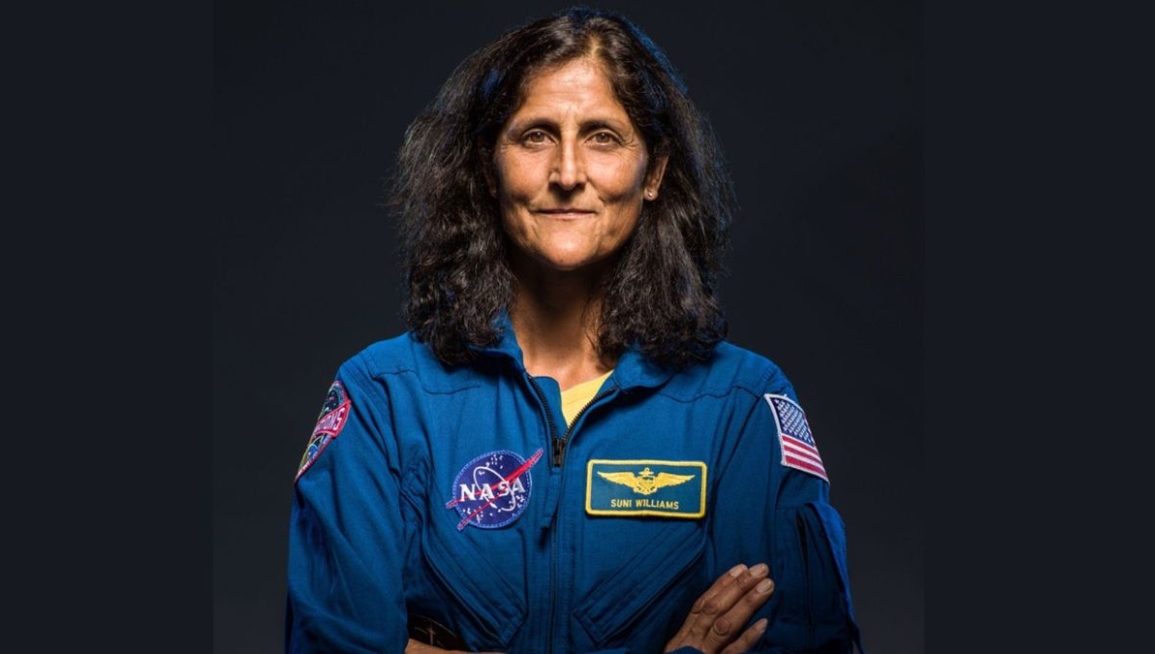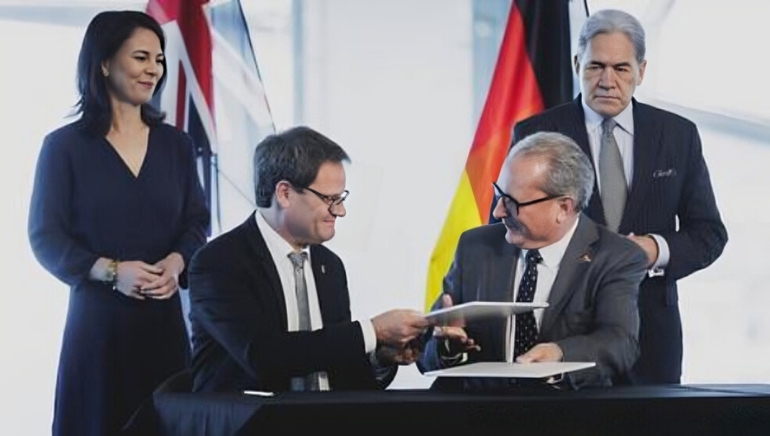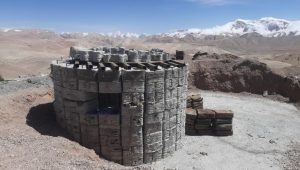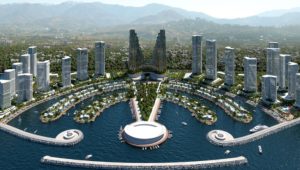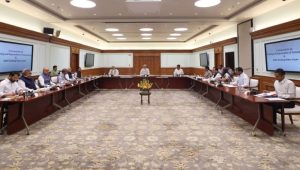After the strongest solar storm in more than 20 years, the northern lights adorned the skies, giving the entire planet a beautiful show. Due to a strong G4 geomagnetic storm, weather journalist Nahel Belgherze reported hundreds of reports of Northern Lights across Europe.
Experts explained this remarkable phenomenon as the result of an “extreme” geomagnetic storm that struck Earth, leading to safety measures to prevent possible disruptions to electrical systems, satellites, and aeroplanes.
With 6.7 million views, the breathtaking auroras—which could be seen all the way to northern Italy in the south—showcased vibrant purple, pink, and indigo tones. The aurora borealis spreads its brightness over the US, Europe, Canada, and Australia, while it is usually limited to the Arctic.
People were in awe of nature’s power as social media was ablaze with images of the auroras’ ethereal beauty.
Apart from the auroras being seen all around the world, witnesses in Russia, notably in Moscow, Saratov, Voronezh, and southern Siberia, also reported seeing them. Although the northern lights are usually limited to areas nearer the Earth’s magnetic poles, like Norway, Sweden, Finland, Iceland, and Alaska, their widespread visibility during this event highlighted an incredibly amazing celestial event that fortunate observers around the world will always treasure.





